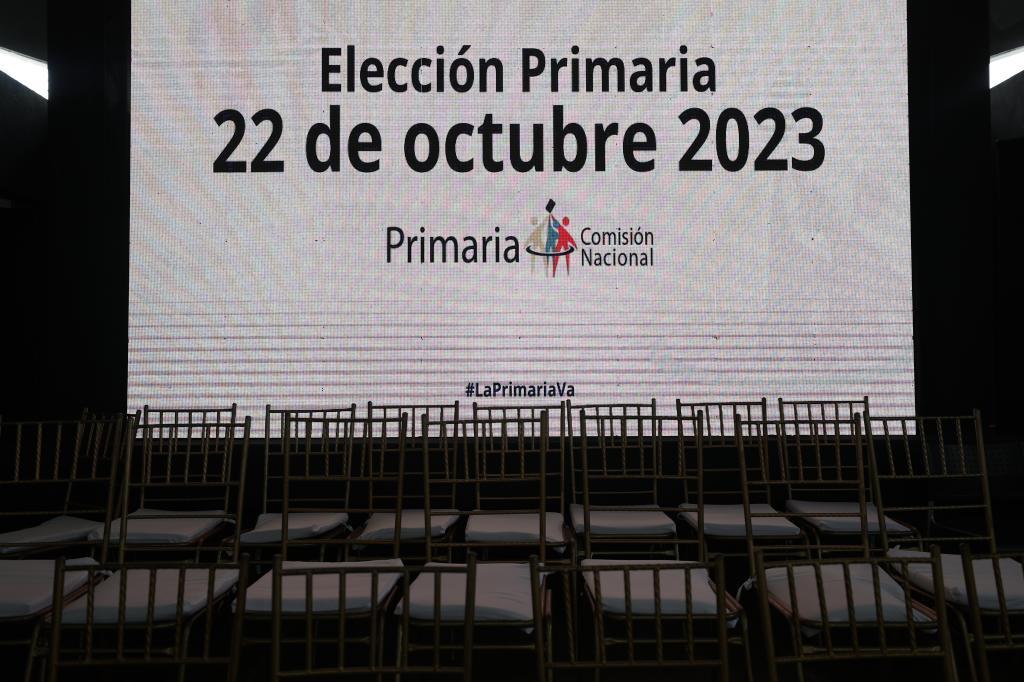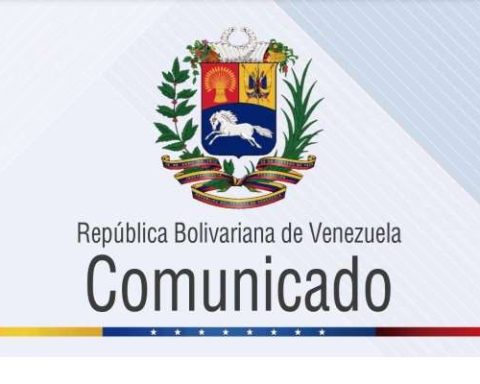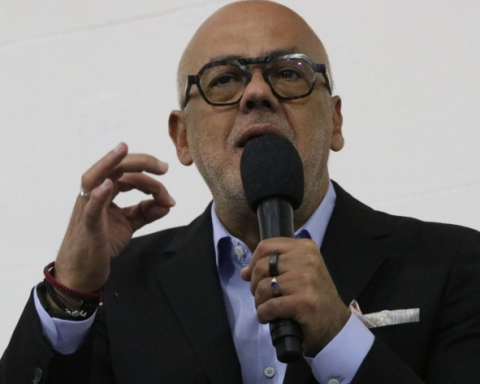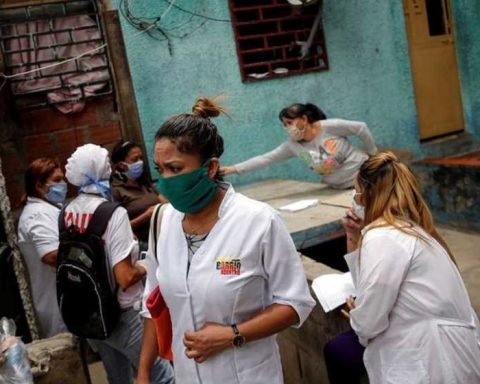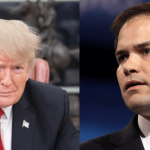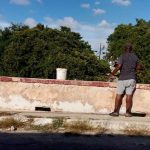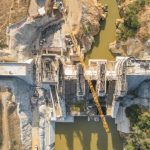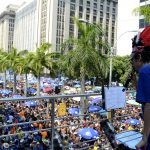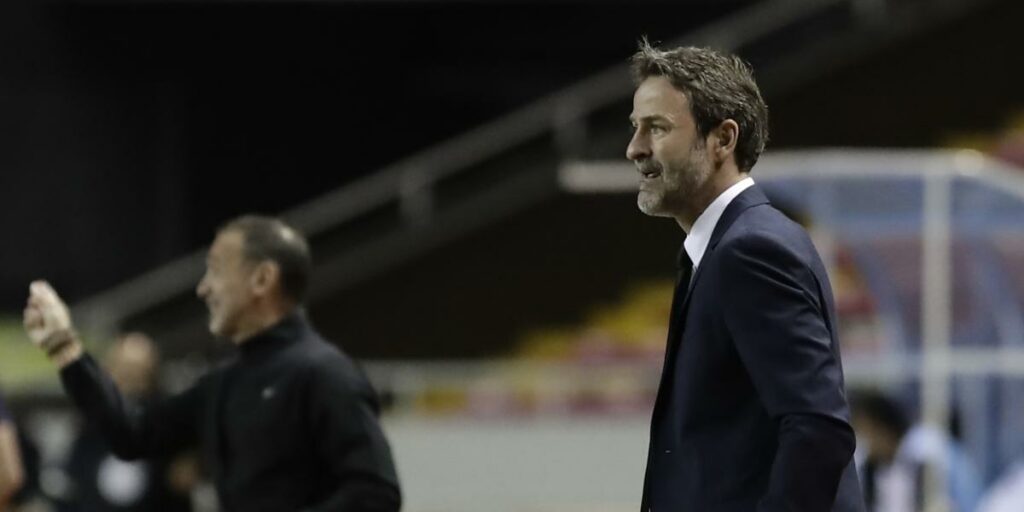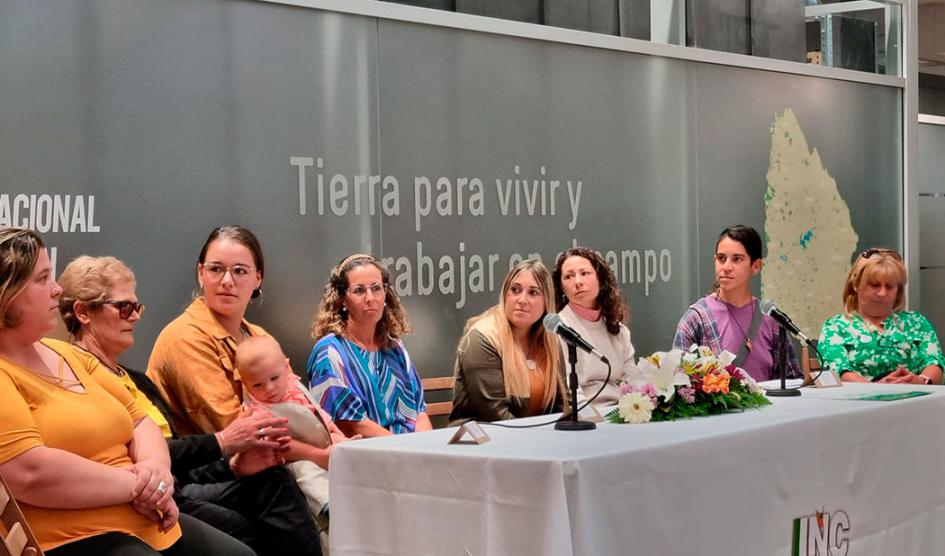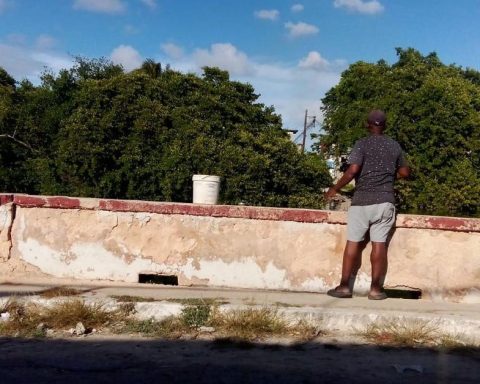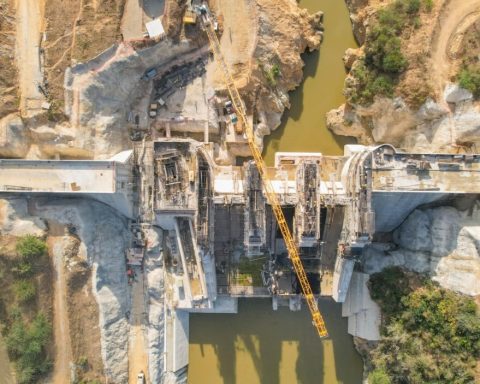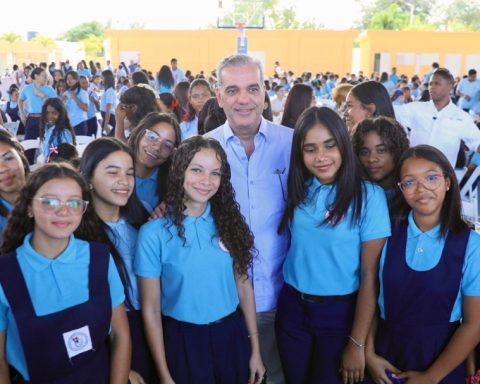The Venezuelan opposition parties continue to announce their candidates for the presidential elections scheduled for 2024, this in the midst of an environment marked by division, questions of “legitimacy”, disqualified pre-candidates and pleas for more sanctions against the country.
Complaints of exclusion, accusations of “scorpions”, accusations of treason, attributions of mental imbalance, are part of a campaign where the so advertised “unity” It looks like a chimera.
The so-called “Unitary Platform for Venezuela” (PUV) made up of the former members of the so-called G4, the Democratic Alliance made up of the opposition parties with a presence in the National Assembly and the self-styled “independents”, are the factions that, between accusations and insults, seek Position your candidates.
exclusive primaries
In the so-called “efforts for unity”, the members of the PUV decided to initiate a process of primary elections to define the “single candidate” of the opposition through the vote of Venezuelans.
These primaries scheduled for October 22, 2023, have a National Commission on Primaries that was elected after negotiations between the Primero Justicia (PJ), Voluntad Popular (VP), Un Nuevo Tiempo (UNT) parties and a faction of former members of Acción Democrática led by Henry Ramos Allup, who define themselves as the legitimate representatives of the white party.
It is made up of 10 people (5 principals and 5 substitutes), is chaired by Jesús María Casal, dean of the Faculty of Law of the Andrés Bello Catholic University (UCAB) and former president of the Venezuelan Association of Constitutional Law, while María Carolina Uzcátegui serves as vice president. They are accompanied by Corina Yonis, president of the Venezuelan Philosophy Society; Ismael Pérez Vigil, former president of Conindustria and Carmen Martínez de Grijalba, member of the Broad Front of Women.
This idea, born at the end of 2022 and which was offered as an “effort” to concretize the unity of the various groups of the Venezuelan opposition in order to present a single candidate in the 2024 presidential elections, resulted in one more instrument to deepen the opposition division.
“We regret the exclusive, sectarian and defeatist attitude with which this process is intended to be carried out”, was the message of the general secretary of Primero Venezuela, deputy José Brito, who denounced that among the measures adopted by the commission was not to call them to integrate the boards regional for the process.
Added to Brito’s complaint was that of Copei’s general secretary, Juan Carlos Alvarado, who, after announcing that they would not participate in these primaries, considered that “the word unit has been used as a mechanism of blackmail to somehow achieve political objectives.” of a minority sector of the opposition”.
These pronouncements were followed by that of Bernabé Gutiérrez, Secretary General of Acción Democrática, who emphasized that “in the face of the primaries called by the G4 it is firm, we do not participate or lend ourselves to legitimize the criminal actions of a quartet that has used a ‘government interim’ to embezzle Venezuelan assets abroad”.
These three parties added to the awning of El Cambio led by Javier Bertucci, are currently the ones with the greatest opposition representation within the Venezuelan parliament and those that since 2018 have promoted voting as a tool, a discourse that was questioned by the members of the PUV that, in its commitment to the plan for an overthrow caused by the “interim government”, branded them as “scorpions” and today they are excluded from the process under the same premise of “government fees”.
Yes but no
Added to this panorama of exclusion, marked by the sectarianism of the G4, are the complaints about the distrust that pre-candidates have planted in the process, who have indicated their decision to participate in these primaries.
Such is the case of Maria Corina Machado from Vente Venezuela, who has indicated her willingness to measure herself in this electoral process, but has questioned the credibility of the commission promoted by the leadership of the PUV, which she has described as “accomplices of the regime.” .
This pre-candidate has rejected some decisions of the commission and has threatened to withdraw from this process if her demands are not met, which are: to guarantee the vote of Venezuelans abroad, rule out the support of the National Electoral Council (CNE) and exclude the parties of the “scorpions”.
“If they hold some chimbas primaries where the people are not going to participate, there is no point in supporting that process,” he said, which is why some analysts point out that his retirement is imminent given the impossibility of complying with all the demands made by Machado, who according to surveys promoted by opposition sectors, she appears among the favorites to obtain the candidacy.
Another candidate who joins the process with conditions is the leader of Causa R, Andrés Velásquez, who, like Machado, is opposed to holding a process with the support of the CNE.
“We reject from now on that, in the primary election of the presidential candidate of democratic factors, which is an internal process, the CNE intervenes in any way as the electoral arm of the regime,” he expressed in a position that seems a sine qua non condition for extremists. who debate between abstentionism and conditional voting.
Along with these statements, the figure of Leopoldo López appears, mentor of the candidate Juan Guaidó, who, despite expressing his support for the self-proclaimed no longer recognized by the United States, has branded the promoters of this process as “collaborators of the regime”, and has been insistent in his thesis that the “exit from the dictatorship” will be achieved only by force”, as reflected in his last appearance before the United States Congress where he asked for more sanctions to the House White against Venezuela.
“There is no way to win the fight for democracy and freedom if the United States does not lead it,” he said in clear contempt for the electoral actions promoted from Venezuela by his former opposition comrades who, like Capriles, ask him to define “if it is mollusc or shellfish”, in clear allusion to defining whether it is with the process or not.
breaking the law
Another of the edges that blur this process are the candidacies of those disqualified from holding positions in the public administration, after being accused of corruption during the exercise of their functions.
Henrique Capriles Radonski from PJ and Juan Guaidó from VP are two of the pre-candidates who share this express prohibition of the Comptroller General of the Republic, which is a paradox if the election of the candidate who can register his candidacy with the CNE to participate is sought. in an election process for the position of President of the Republic, which is part of the public administration.
The first was disqualified in 2017 for a period of 15 years for incurring in crimes classified as not presenting the local budget to the State Legislative Council, agreeing to international agreements without authorization to do so, and signing contracts by the Miranda Governorate with companies without complying with the rules.
The second, in addition to having proclaimed himself “interim president” and usurping administrative functions over assets of the Republic abroad, was disqualified for a period of 15 years, due to his refusal to formulate the Affidavit of Assets, an action that is mandatory for all public officials.
All this panorama highlights that this process, more than promoting unity within the various opposition groups, has become one more point of the divergences that mark this sector of Venezuelan politics, that between accusations of “scorpions”, “accomplices of the regime” and “sectarians”, continue to deepen the division and strengthen the thesis that the primaries will go down in history as another failure of the Venezuelan right in its attempt to consolidate a proposal for the country.
